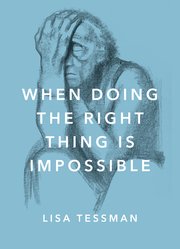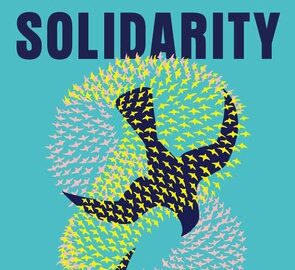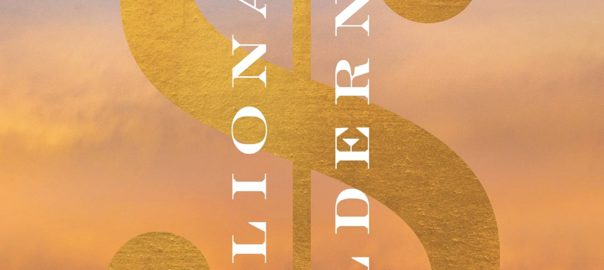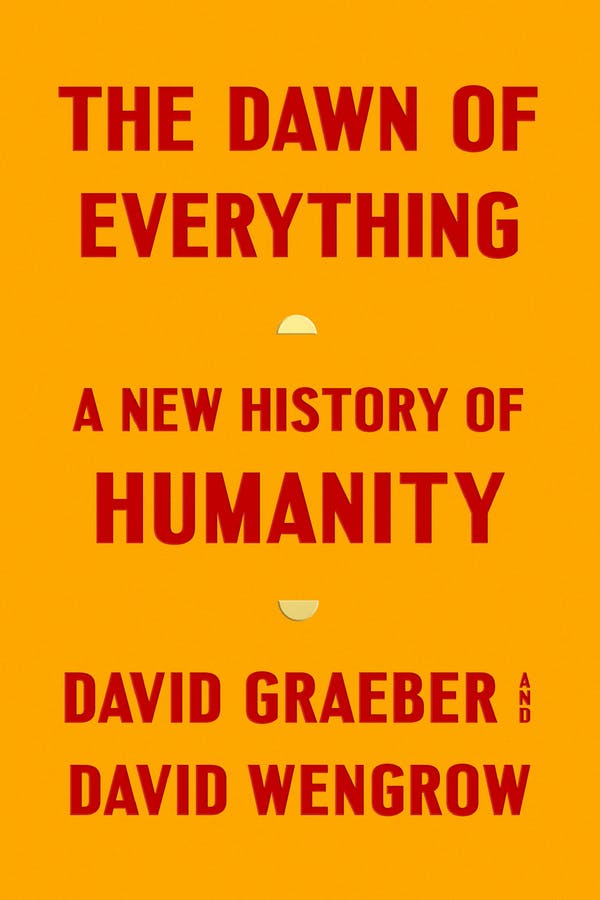I’ve been meaning to read Lisa Tessman’s When Doing the Right Thing Is Impossible for some time – and I’m very glad I finally got around to it!
This book is both accessible for a general audience and dense with food for thought. When we see people around us, in the news, and maybe ourselves in positions where some sort of moral failure seems guaranteed, that can really wear on us. But I think it feels better to openly acknowledge that reality, as Tessman does, than to try to fool ourselves about the possibility of always keeping our hands clean.
I’ll admit that I went into the book already very sympathetic with the conclusion that, indeed, sometimes one is going to violate a moral duty no matter what one choose to do, but I wouldn’t have been able to articulate why nearly as eloquently and thoroughly as Tessman has. I’m less sure where I stand on Tessman’s constructivism, but that is something to continue pondering for the future (for me).
If lots more people would read this book and take some of the central ideas on board, I think that maybe we could be both more forgiving of ourselves and each other, and also more motivated to change social structures for the better – so that the moral dilemmas she discusses wouldn’t arise quite so often in the first place!



